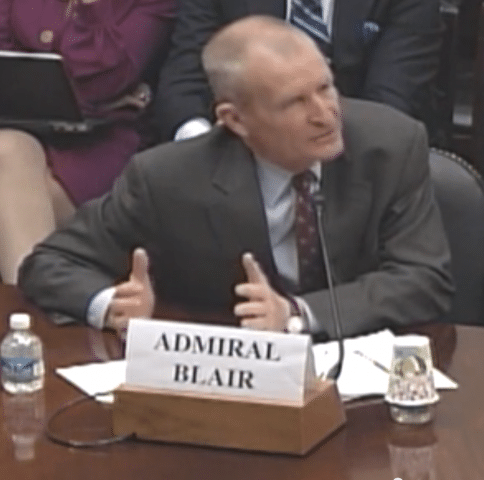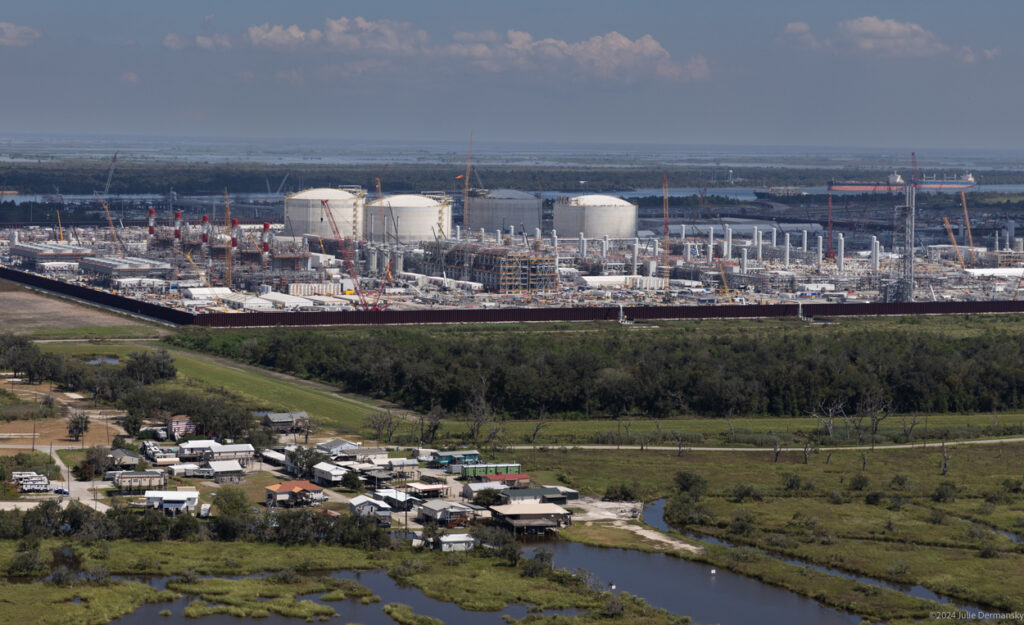At the just-completed U.S. House Committee on Foreign Affairs hearing titled, “The Geopolitical Potential of the U.S. Energy Boom,” Admiral Dennis Blair — former Director of National Intelligence, President and CEO of Institute for Defense Analyses and Commander in Chief of U.S. Pacific Command — admitted what’s still considered conspiratorial to some.
Put tersely: the U.S. and allied forces launched the ongoing occupation in Iraq and occupy large swaths of the Middle East to secure the flow of oil to the U.S. and its global allies, explained Blair.
Blair began his analysis lasting just over a minute after a line of questioning (beginning at 1:02:56 in the video below) coming from U.S. Rep. Jeff Duncan (R-SC) about TransCanada’s Keystone XL tar sands pipeline, “energy as an instrument of geopolitical power” and geopolitical tensions in Venezuela.
Subscribe to our newsletter
Stay up to date with DeSmog news and alerts







